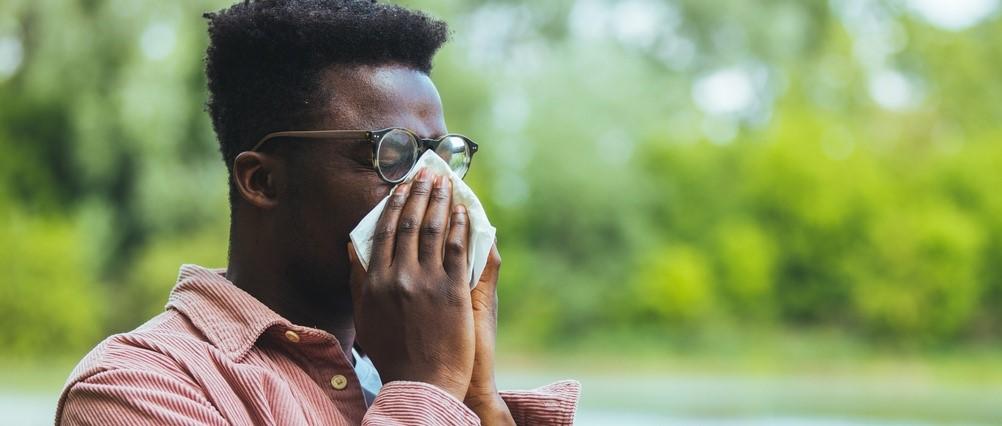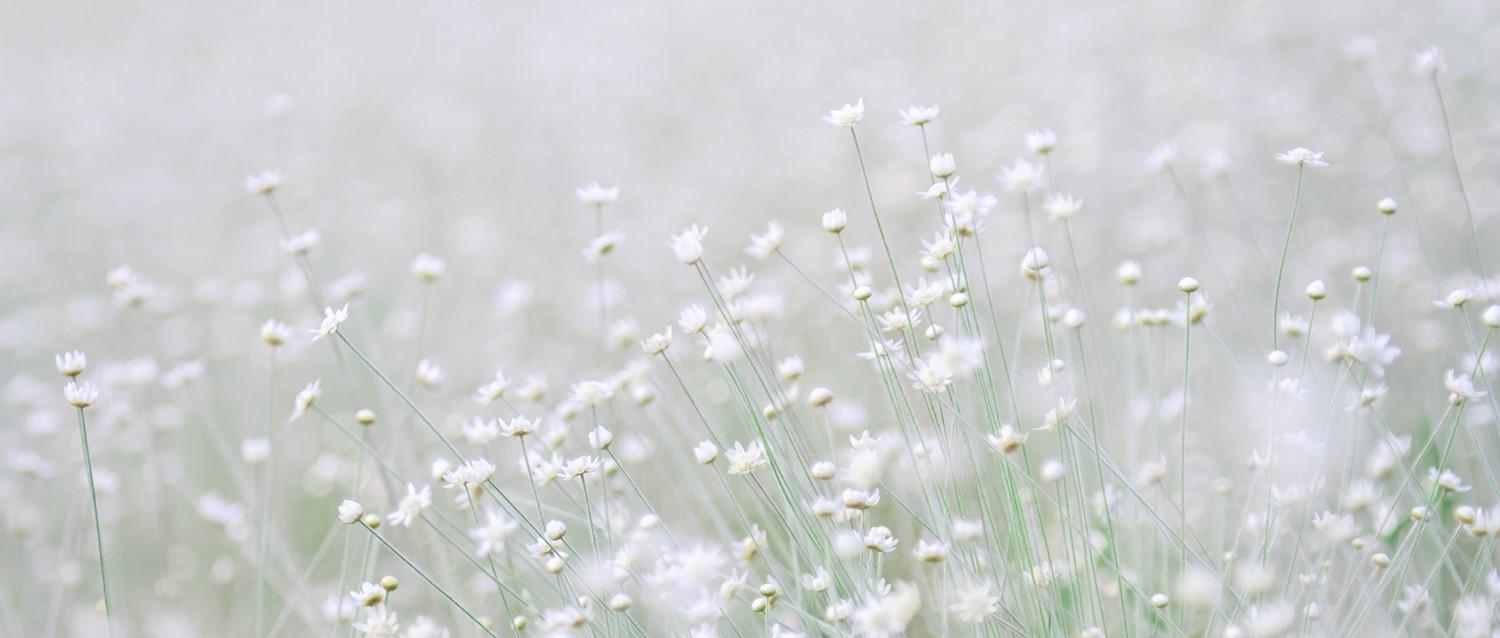
Hay fever: How to cope with a 'pollen bomb'
Peer reviewed by Dr Krishna Vakharia, MRCGPAuthored by Lydia SmithOriginally published 12 Jun 2023
Meets Patient’s editorial guidelines
- DownloadDownload
- Share
- Language
- Discussion
With the warmer weather, the tempting smell of barbecues is floating through our windows - but that’s not the only thing in the air. Levels of pollen are always higher in the warmer months - and when we have periods of hot and dry days we may get what is called a pollen bomb.
In this article:
Continue reading below
What is a pollen bomb?
A pollen bomb happens when trees and plants release millions of grains of pollen within a short period of time as a result of prolonged dry weather. Although pollen bomb isn’t an official phrase used by meteorologists, it is used to describe very high levels of pollen in the atmosphere that can worsen symptoms for those with hay fever.
The weather is known to affect pollen levels. When it is dry and hot with little wind, pollen isn’t dispersed as easily, so the levels remain high and cause irritation to the eyes, nose and throat. Wet weather will temporarily suppress the release of pollen and cause the levels to drop.
High pollen levels happen when there are 50 to 150 grass pollen grains in each cubic metre of air. However, people who are more sensitive to pollen may struggle with hay fever symptoms when the levels are lower.
When do pollen levels get higher?
Back to contentsAccording to the Met Office, levels of pollen peak during the early morning and late evening. The grass pollen season runs from the end of May to early August, and this affects 95% of hay fever sufferers across the UK.
Where you live can affect the severity of your symptoms too. A study published by researchers at the University of Manchester found people living in urban areas report significantly worse hay fever symptoms1.
Professor Sheena Cruickshank, an immunologist and one of the study authors, said: “This study provides evidence that urban surroundings may exacerbate hay fever and asthma symptoms. These differences in allergy symptoms may be due to variation in the levels of pollutants, pollen counts and seasonality across land-use types.”
Continue reading below
How to cope with a pollen bomb
Back to contentsIf you’re struggling with hay fever, there are several steps you can take to help ease your symptoms.
When it’s hot, it is tempting to throw open the windows for a cooling breeze. However, it can be better to keep windows and doors shut as much as possible to prevent pollen from coming into your home. Plug-in fans can be a safer way to keep cool if you have hay fever.
Putting Vaseline around your nostrils can help stop pollen from going up your nose and causing irritation. Sunglasses, especially the kind that wrap around your head, can help prevent pollen from getting into your eyes.
After you’ve been outside, shower and change your clothes as they may be contaminated with pollen. Pets can also bring pollen inside too, so it can help to vacuum regularly.
Vacuums with a high-efficiency particulate air (HEPA) filter are more efficient in picking up pollen and dust. Air purifiers, and dusting surfaces using a damp cloth, can help clear pollen from inside your home too.
Medications can help reduce the severity of symptoms. Antihistamines block the action of histamines, chemicals your immune system releases when pollen is around. Some antihistamines may cause drowsiness. Nasal sprays and gels, as well as eye drops like sodium cromoglycate, can also provide relief for symptoms such as itchy noses and eyes. You can buy these medicines from pharmacies.
Keeping checking on the weather can help too, so you can prepare for higher pollen levels. The Met Office, is a good way to check the levels in your area, which may tell you whether your hay fever symptoms are likely to flare up.
Further reading
Back to contentsPatient picks for Hay fever

Allergies, blood and immune system
Hay fever: how your pharmacist can help
With hay fever season approaching, many sufferers will be stocking up on hay fever remedies. But to prevent or treat hay fever effectively, it may be worth getting additional medical advice. The best place to start is at the pharmacy, where qualified staff will be able to help you in a number of ways.
by Gillian Harvey

Allergies, blood and immune system
Is hay fever linked to depression?
For Claire, 32, the arrival of spring means one thing and one thing only - hay fever season. Every May, she spends three to four weeks with the runny nose, itchy eyes and constant fatigue that characterise allergic rhinitis. Unsurprisingly, this has an impact on her mood.
by Abi Millar
Continue reading below
Article history
The information on this page is peer reviewed by qualified clinicians.
Next review due: 12 May 2027
12 Jun 2023 | Originally published
Authored by:
Lydia SmithPeer reviewed by
Dr Krishna Vakharia, MRCGP

Ask, share, connect.
Browse discussions, ask questions, and share experiences across hundreds of health topics.

Feeling unwell?
Assess your symptoms online for free
Sign up to the Patient newsletter
Your weekly dose of clear, trustworthy health advice - written to help you feel informed, confident and in control.
By subscribing you accept our Privacy Policy. You can unsubscribe at any time. We never sell your data.